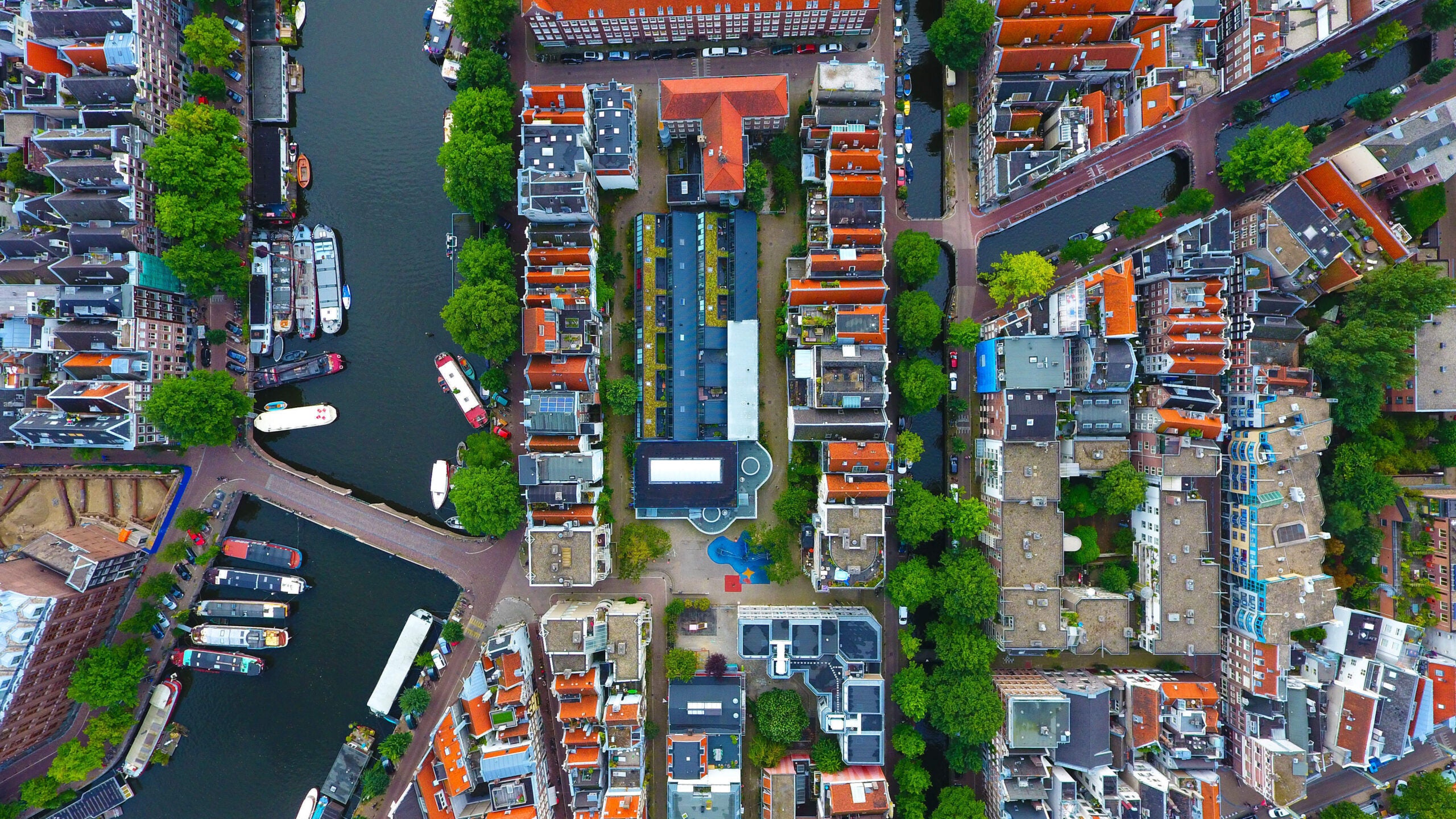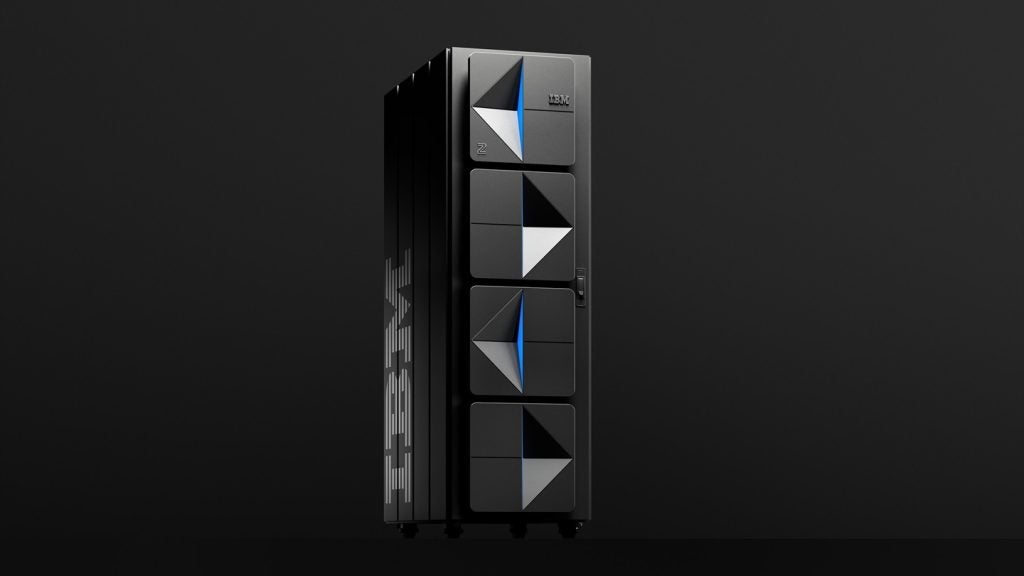
The Dutch government is rolling out smart meters to every household in the Netherlands, with a view to forming a vast Internet of Things (IoT) smart grid.
Regional grid operators have been tasked with the smart meter rollout. At present 900,000 smart meters have been installed in one region of the Netherlands alone, by operator Enexis Netbeheer.
The company plans to install 2.8 million electricity smart meters and the same in gas smart meters by 2020, according to Verdict’s sister title Future Power Technology.
“We are currently installing about 7,700 smart meters each week; this number will increase to 10,000 per week in the near future,” Philip Westbroek, Security Officer for industrial control systems (ICS) and SCADA, Enexis Netbeheer, told the title.
“That applies to us but other Dutch grid operators install similar numbers of meters; the Dutch Government has told us to install smart meters in every household before the end of 2020.”
What is a smart grid and why is it beneficial?
Smart grids function similarly to conventional grids, in that they supply power. However, they have the added benefit of being enriched with digital technology. This allows two-way communication between the energy provider and its customers’ homes, which provides vital information about usage levels and issues.
As a result, smart grids provide greater flexibility, enabling companies to far more effectively respond to surges or reductions in demand. This in turn increases reliability, while cutting costs.
It also enables the more effective integration of renewable power sources, which, in cases such as wind turbines, provide an inconsistent supply. In addition, smart grid technology allows services to be more quickly restored when there is an outage.
Many countries are investing heavily in the introduction of smart grids. This is due to their benefits for carbon emission reductions through the better inclusion of renewables and their ability to improve power efficiency and availability.







